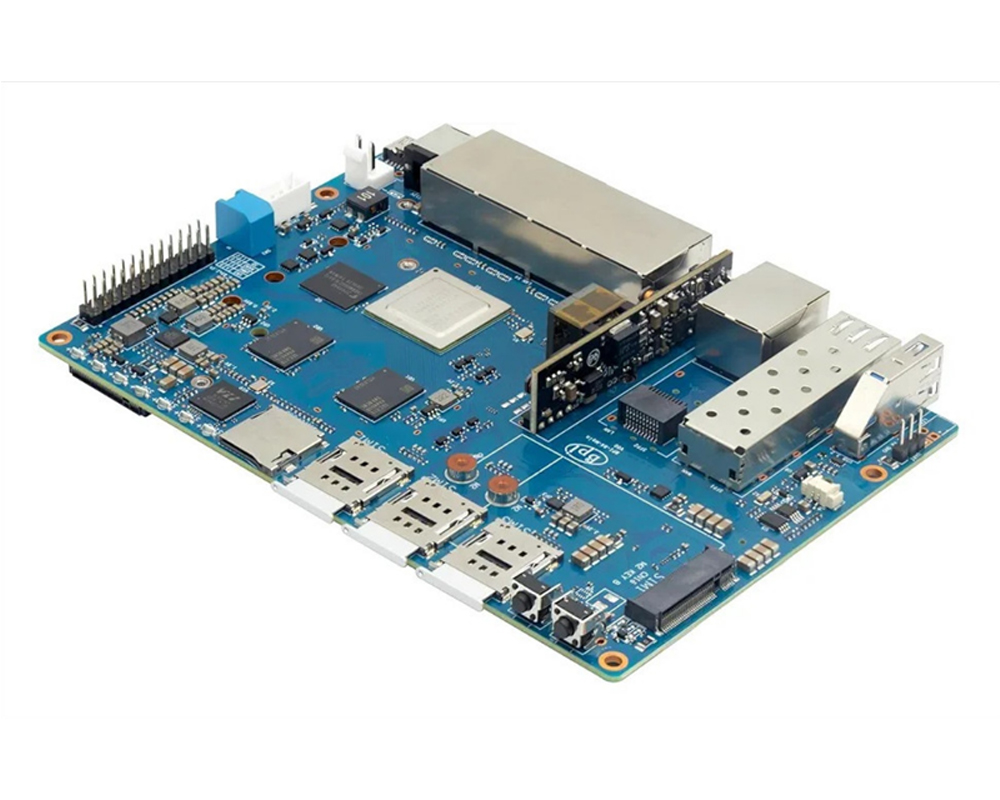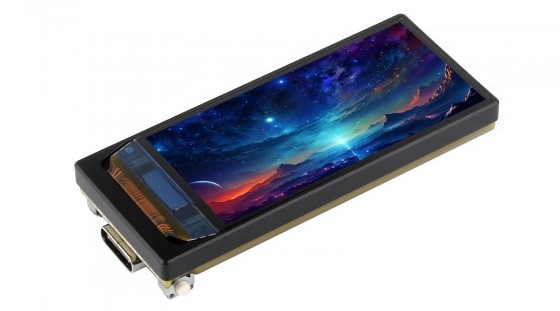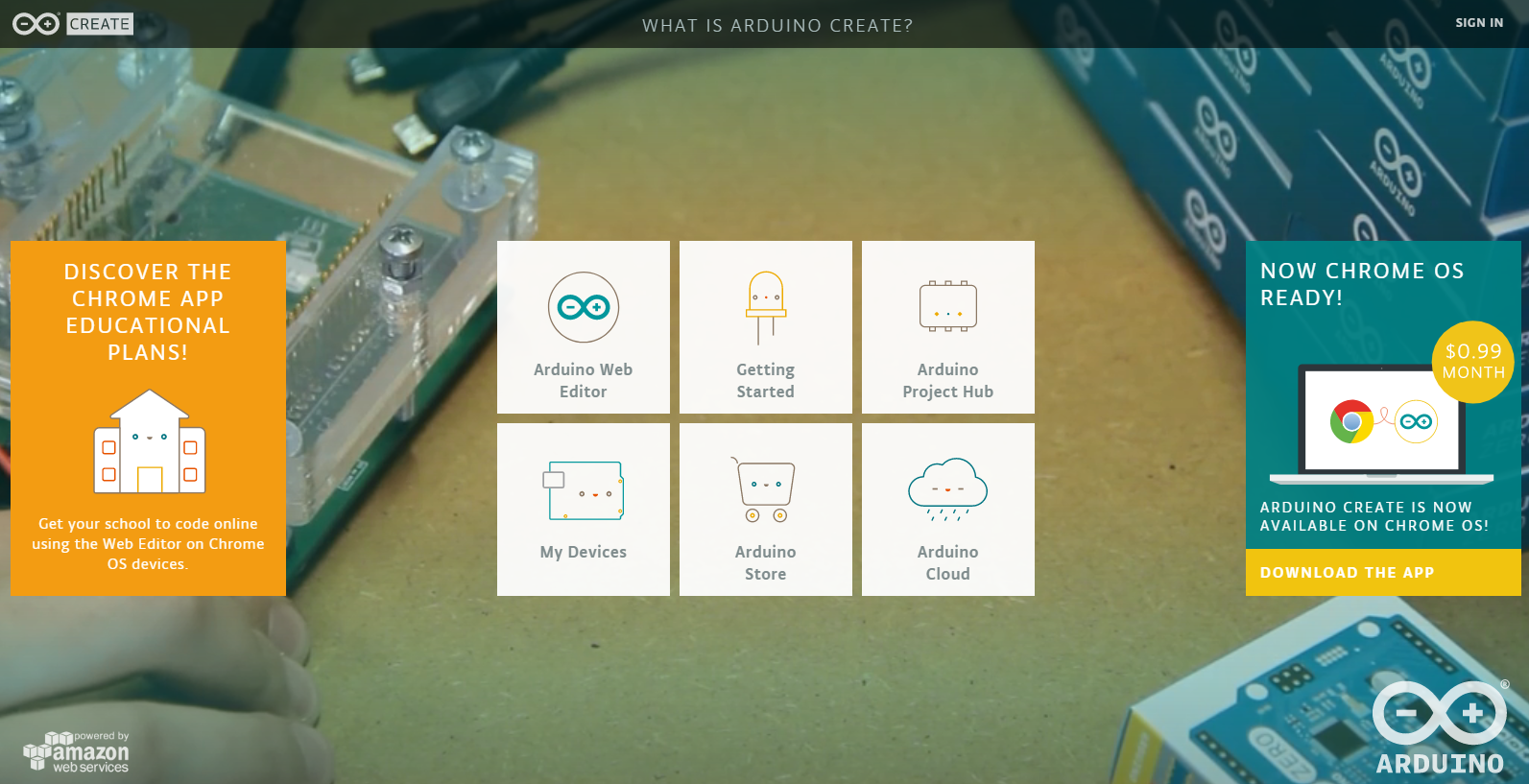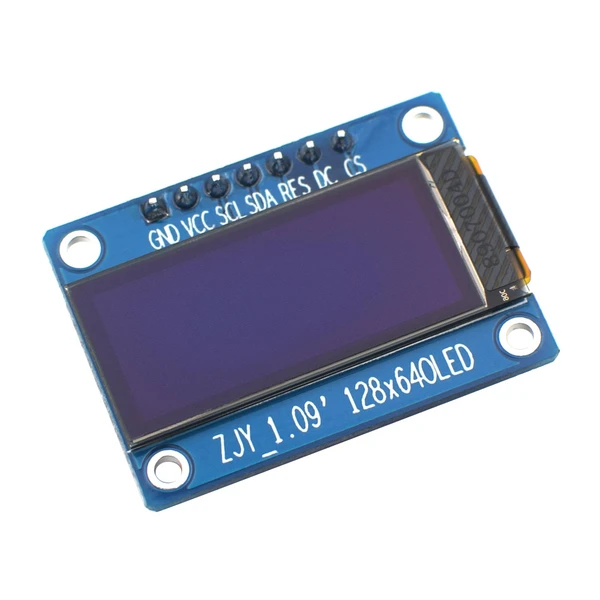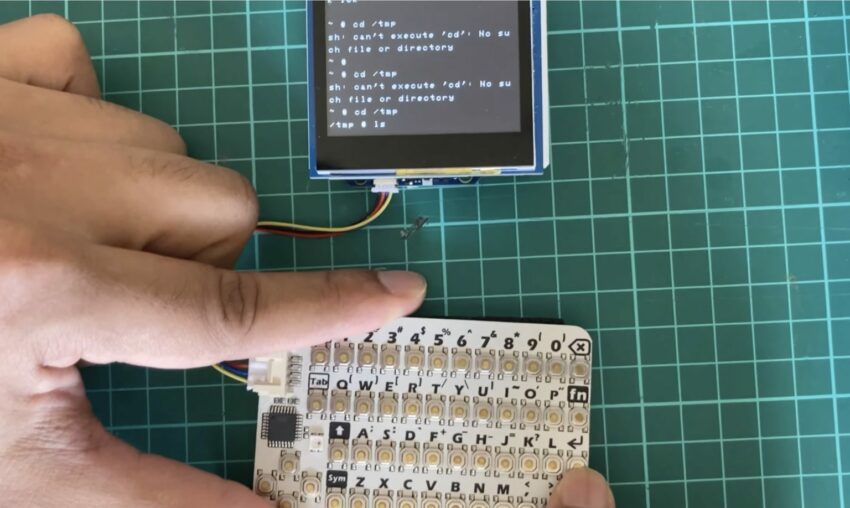
Linux on a Microcontroller – Arduino Nano ESP32 is now an Ultra-Low-Powered Linux PC
In an effort to optimize the Linux kernel developer and tinkerer Naveen Kumar, has successfully run a lightweight Linux-based operating system on an Arduino NanoESP32.
In the past few years, we have seen many unimaginable projects with ESP devices and the pocket-sized Linux PC is not an exception. Powered by an ESP32 microcontroller this project showcases how the line between microcontrollers and traditional PCs is becoming increasingly blurred, and we’re on the cusp of a new age in computing.
In a Hackday article, Kumar mentions that the project is based on the work of Max Filippov (jcmvbkbc), who has ported Linux to various Xtensa platforms. But the most interesting part of this project is the ability to transform the Arduino Nano ESP32 – a device traditionally used for simpler applications – into a functional Linux computer.
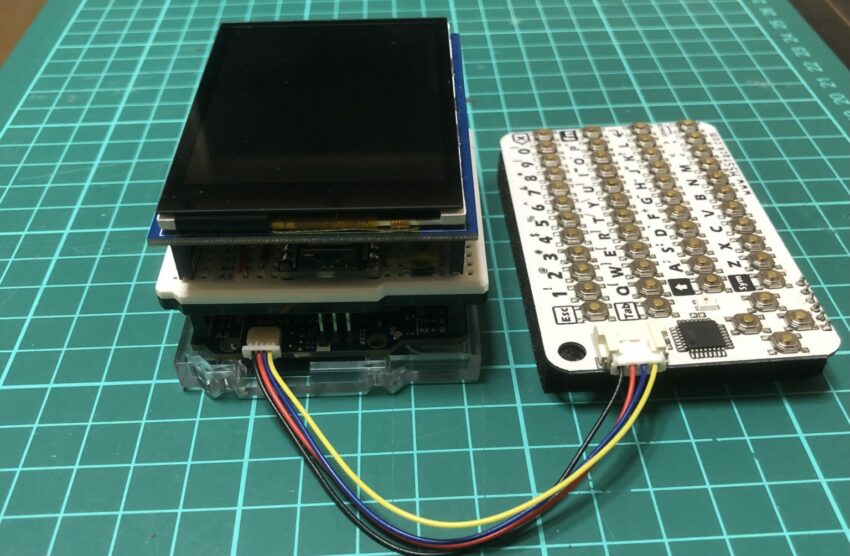
The hardware of this project consists of an Arduino Nano ESP32, but Kumar cleverly used an ArduinoEZ ONE breadboard shield to connect the Nano ESP32 to the UNO R4 WiFi. He also added a CardKB mini keyboard and a 2.8″ Adafruit TFT touchscreen to improve the user experience.
In a hackster post, Kumar explains the hardware setup process, and he goes on and explain how he compiles the kernel and flashes it to the Arduino Nano ESP32 as well as the UNO R4 WiFi. You won’t be able to use this to run the latest triple-A games, but you will be able to work with a real Linux OS through the terminal.
Kumar’s invention is not just a novelty but holds significant potential for the future of embedded Linux applications. With a Linux port that supports WiFi, this device could become a game-changer in the IoT landscape, with capabilities like the ‘wget’ and ‘ping’ commands at its disposal.




